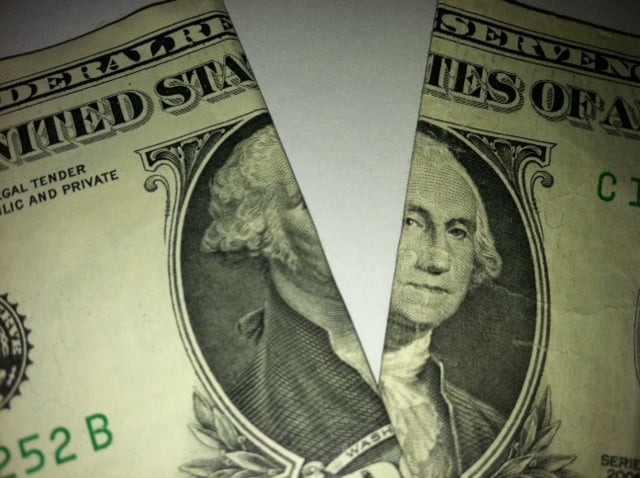Energy
Alt Energy Watch: US Lends Funds for Cellulosic Ethanol Plant (FSLR, SPWRA, USU, ADM, VLO)
Published:
Last Updated:

The US Department of Energy has announced that it will offer a loan guarantee for $105 million to expand an Iowa plant that makes ethanol from the cellulosic waste matter, called stover, of corn production. The plant, owned by privately held POET LLC, is a major producer of corn-based ethanol. The Iowa plant received a US DoE grant of $80 million in 2007 to aid with early-stage construction. POET intends to produce cellulosic ethanol on a commercial scale, but that day is still years away.
The US DoE is announcing new loan guarantees at a furious pace now as it strives to beat its September 30th deadline for making the awards supporting the development of alternative energy. Solar PV makers First Solar Inc. (NASDAQ: FSLR) and SunPower Corp. (NASDAQ: SPWRA) have already received conditional loan guarantees worth more than $6 billion. US nuclear fuel processor USEC Inc. (NYSE: USU) is still seeking its own guarantee.
In order to make ethanol from stover and other woody material the cellulose, which is a starch, must first be converted to sugar. Once that’s accomplished, the conversion to ethanol is similar to the process that has been used for corn-based ethanol. Ethanol producers Archer Daniels Midland Co. (NYSE: ADM) and Valero Energy Corp. (NYSE: VLO), along with POET, are the largest corn-based ethanol producers in the US.
POET’s cellulosic ethanol plant is a pilot project that currently processes one ton of stover a day. The goal is reach 700 tons a day, the point at which cellulosic ethanol becomes competitive with corn-based ethanol.
The idea behind cellulosic ethanol is obvious: rather than use the food crop for feedstock, the ethanol producer will use the waste material. The assumption is that since the material is waste, it will be either very cheap, free, or the maker will actually get paid to haul it away. None of these wishes could come true. As soon as cellulosic waste is perceived to have value, a price will get attached it. A related issue is whether or not there’s enough cellulosic waste available at all.
The process of converting cellulose to ethanol is about 40% efficient. Creating ethanol from corn or sugar cane is about 90% efficient, although it does cost more for the energy inputs.
Cane-based ethanol uses the waste material, called bagasse, as fuel to generate electricity to run the ethanol-making plants. Using stover or other wood waste to generate electricity may be more cost effective than converting it to ethanol.
In the past four or five years proponents of cellulosic ethanol have over-promised and under-delivered. The poster child for that is Range Fuels, a start-up founded by Vinod Khosla who also is the driving force behind biofuel maker Kior Corp. (NASDAQ: KIOR). Range got a $76 million grant in 2007 and another $130 million in private investment to fund the first US commercial-scale cellulosic ethanol plant. The plant closed earlier this year after producing just 4 million gallons of methanol (not ethanol).
To its credit, POET is not making big promises, but that doesn’t mean that the expectations are big. We’ll get the results in a few more years.
Paul Ausick
A financial advisor can help you understand the advantages and disadvantages of investment properties. Finding a qualified financial advisor doesn’t have to be hard. SmartAsset’s free tool matches you with up to three financial advisors who serve your area, and you can interview your advisor matches at no cost to decide which one is right for you. If you’re ready to find an advisor who can help you achieve your financial goals, get started now.
Investing in real estate can diversify your portfolio. But expanding your horizons may add additional costs. If you’re an investor looking to minimize expenses, consider checking out online brokerages. They often offer low investment fees, helping you maximize your profit.
Thank you for reading! Have some feedback for us?
Contact the 24/7 Wall St. editorial team.